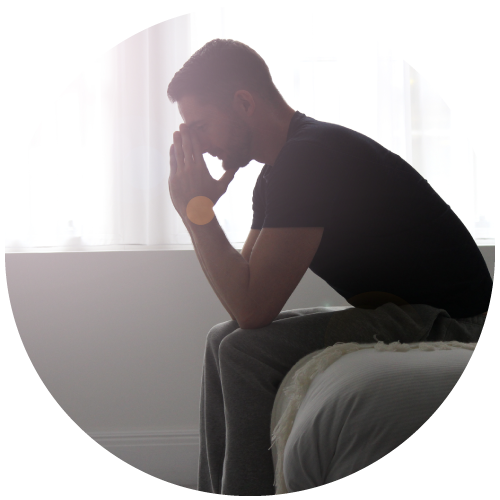Why It’s Difficult to Diagnose
Because bipolar disorder can look similar to other psychological disorders, like depression and anxiety, it can be hard to diagnose. The characteristic highs and lows of bipolar disorder may be mistaken for depressive episodes or bouts of anxiety, and all people experience highs and lows in moods, so its symptoms can be easily overlooked or misdiagnosed. Additionally, many who suffer from bipolar disorder seek help only during depressive episodes, which may lead to an improper diagnosis of depression.
During manic episodes, a person with bipolar disorder can feel excited and overly self-confident, often needing less sleep and experiencing a sense of euphoria. Depressive episodes are often characterized by extreme sadness, despondence, and listlessness. These highs and lows last for days at a time, rather than hours. Manic episodes can vary in severity, lasting anywhere from a few days to more than a week. However, there may be times when a person with bipolar disorder has a balanced mood, and mania may manifest itself more as irritability than euphoria.
Since bipolar disorder can be hard to diagnose, it’s important to know what to look for if you think you or someone you know may be at risk.

